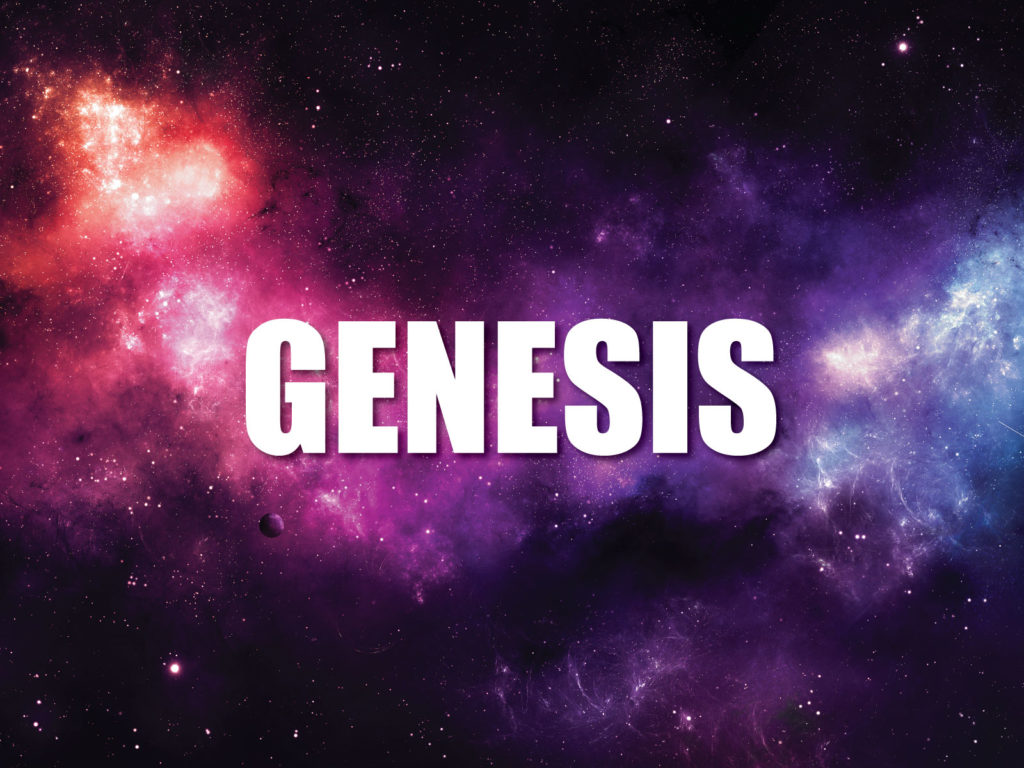Genesis chapter 9 once again establishes the vital importance of covenant for understanding what God is like and how he relates to his people. The Hebrew word “covenant” (berit) occurs seven times in verses 8-17. God made a covenant with Noah and with mankind. Like all biblical covenants, this one contained promises and corresponding obligations. The Lord committed himself to never again destroy the earth with a flood. He promised to uphold a continuing cycle of seedtime and harvest and through that cycle to maintain man’s food supply. In this covenant, God obliges mankind to respect and preserve human life, and to punish appropriately those who unlawfully take it. And, typical of biblical covenants, there is a sign to remind the covenant partners of God’s gracious promises and their responsibilities.
Noah is presented as another Adam; the first man at the headwaters of a new world. God commends to Noah the same instruction he gave to Adam in Genesis chapter 1: “Be fruitful and multiply and fill the earth and subdue it, and have dominion over the fish of the sea and over the birds of the heavens and over every living thing that moves on the earth” (vs. 28). God’s command to humanity to be fruitful, multiply, fill the earth, and rule over it stands in stark contrast to the attitude of the pagan gods of the time. Indeed, God’s command that humanity multiply was a stern rebuke to the pagans of Moses’ day and remains so today against the voices of modernity which seek to treat humanity as intruders upon the earth whose numbers must be reduced.
The heroes of the Ancient Near Eastern flood sagas were rewarded by being granted immortality and removed from human society. But God made Noah the progenitor of a new society, the instrument by which mankind’s rebirth would be accomplished (Sarna, 60). In the oldest of the Mesopotamian flood epics overpopulation and human noise were the reasons for the flood. To ensure that the problem didn’t reoccur the gods imposed controls on mankind’s fertility, inflicting women with sterility and imposing a high degree of infant mortality. In sharp contrast, the Bible is everywhere enthusiastic about the life of human beings and the continued growth of the human family. And so God repeated his creation mandate to Noah that humanity should be fruitful and multiply (Waltke, 144; Sarna, 60).
God is merciful and kind. By way of a gracious covenant he has bound himself to you. Whatever you truly need, whether it is peace, joy, provision of the necessities of life, strength in the face of temptation, wisdom, assurance of God’s love, the calming of your fears; The Lord has made provision for. He will not treat you as you deserve. Rather, having given his Son’s life for your life, God will surely also, with him, freely give you all things (Romans 8:32). He has even placed in the sky a reminder of his faithfulness and the certainty of his care.
More From This Series

Genesis
- Part 31: The Call of Abram 03/15/20
- Part 30: Grace Greater Than Our Sin 03/08/20
- Part 29: Leaving Babylon 02/23/20
- Part 28: The Earth is the Lord’s 02/16/20